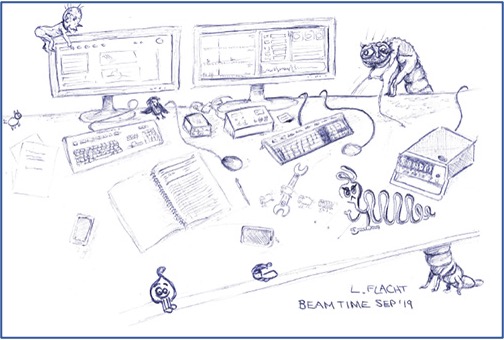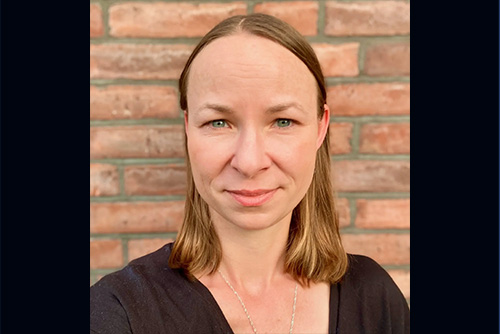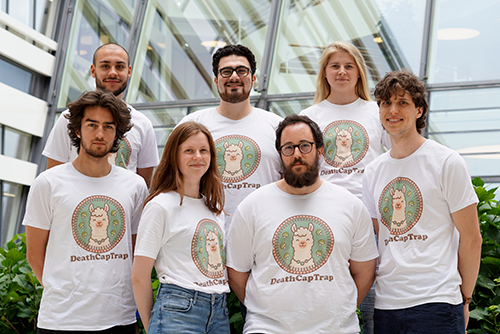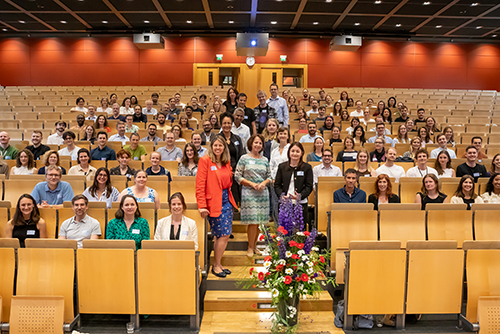New CSSB professorship
How do bacterial pathogens gain entry into our cells and how do they make us ill? Those are the questions that will be investigated by the biochemist, Michael Kolbe, at the Centre for Structural Systems Biology (CSSB) in Hamburg starting from February 2015. He and his team are going to study the molecular mechanisms used by gram-negative bacteria, such as Shigella or Salmonella, to manipulate host cells. "Our work focuses mainly on basic mechanisms that can be applied to explain the host/pathogen relationships of other bacteria as well," says Kolbe.
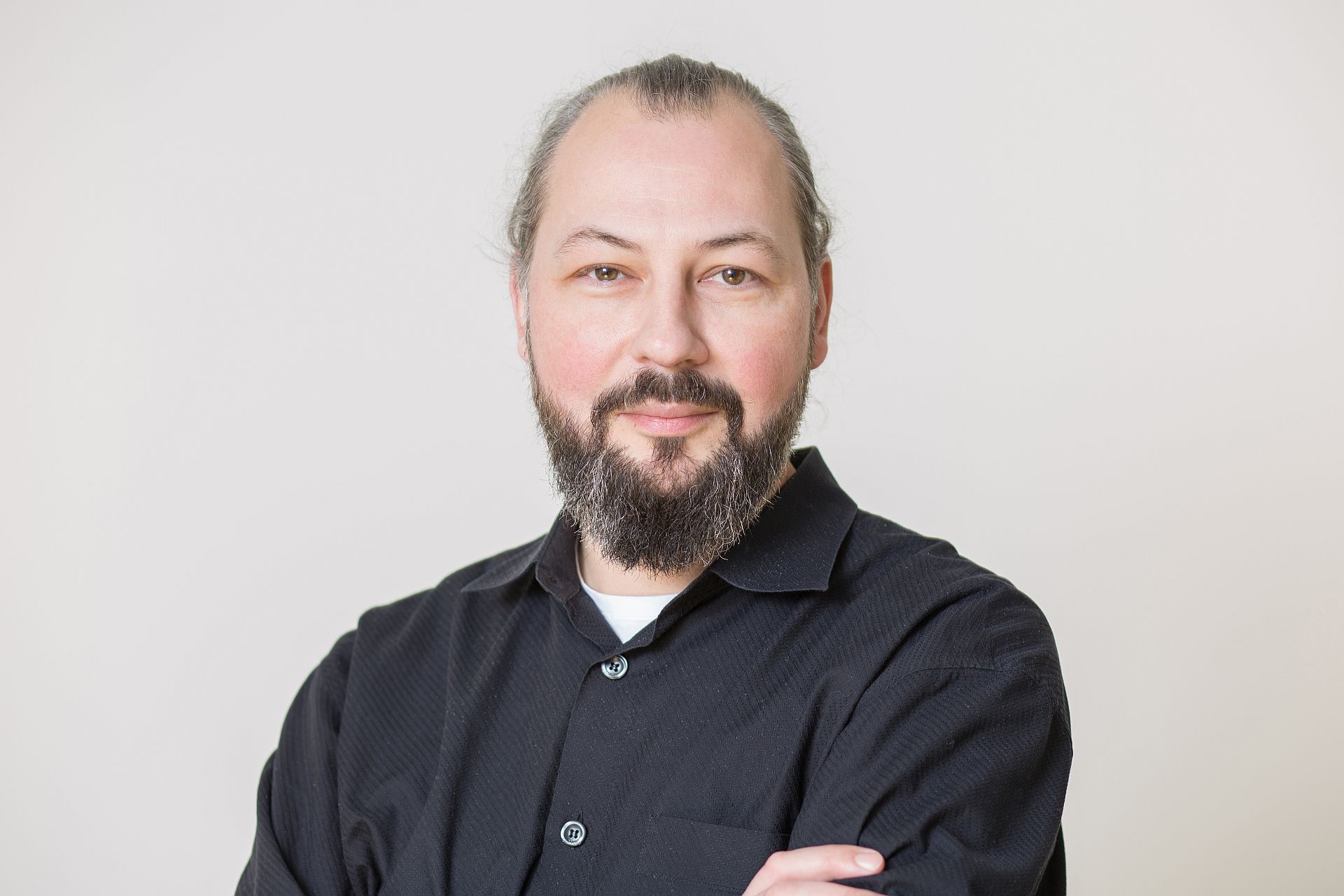
Kolbe studied chemistry at the University of Hamburg and at the University of Paderborn. He went on to do his doctoral work with Prof. Dieter Oesterhelt at the Max Planck Institute for Biochemistry and presented his dissertation at the Ludwig-Maximilians-Universität in Munich in 2002. Following a two-year research stay at the Max Delbrück Centre in Berlin, he moved "across town" to the Max Planck Institute for Infection Biology as head of the research group "Function and structure of bacterial transport systems". Now, he has accepted a joint appointment by the Helmholtz Centre for Infection Research (HZI) in Braunschweig and the University of Hamburg to become a W3 professor at the CSSB.
The CSSB is in the process of being set-up on the campus of the Deutsches Elektronen-Synchrotron, DESY, in Hamburg-Bahrenfeld and is scheduled to be completed by the end of 2016. The scientific coordination of Kolbe's research will take place at the HZI, the place of work of Kolbe's research group until the research building in Hamburg opens its doors.
The CSSB acts as a bridge between structural biology and systems biology. The interdisciplinary focus of the centre provides biologists, chemists, medical professionals, physicists and engineers with an opportunity to investigate the interaction between pathogens and their hosts. Moreover, the researchers can utilise the special infrastructure of the DESY in the field of radiation technology, which is unique throughout the world. Through the work done at the CSSB, it will be possible in the future to investigate and understand the complex cellular processes in systems biology much better.
